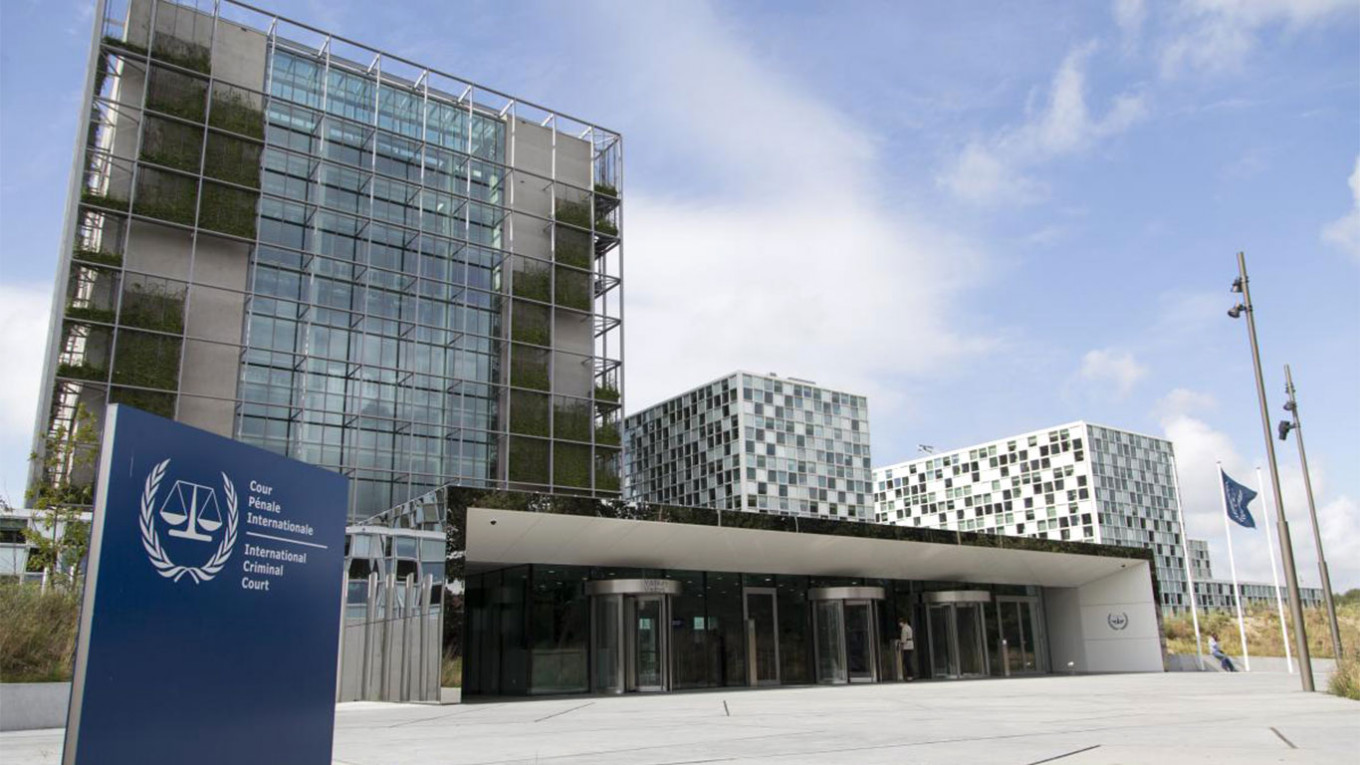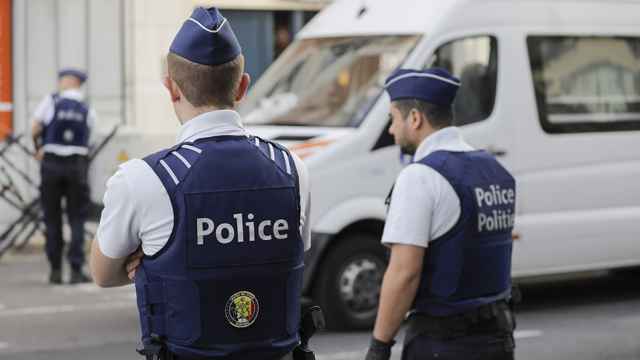The Netherlands said Thursday it had stopped a Russian spy posing as a Brazilian intern from infiltrating the International Criminal Court, which is investigating war crimes in Ukraine.
The Russian, identified as Sergey Vladimirovich Cherkasov, 36, flew to the Netherlands in April using an elaborate deep cover story that he had built up over the past 12 years.
But Dutch authorities said they saw through his fake identity as 33-year-old Brazilian citizen named Viktor Muller Ferreira, and unmasked him as an agent of Moscow's GRU military intelligence.
Cherkasov was put on the next flight back to Brazil, where police said he was arrested for identity fraud.
The Dutch said Cherkasov could have accessed "highly valuable" intelligence on the ICC's probe into war crimes in Ukraine or even influenced criminal proceedings at the Hague-based tribunal.
The head of the Dutch General Intelligence and Security Service, or AIVD, said it was "very rare" to catch a Russian agent "of this caliber."
"The GRU has spent years creating this fake identity. It's an enormous effort," Erik Akerboom was quoted as saying by the Dutch ANP news agency.
'Cover identity'
Cherkasov was a so-called "illegal" — spy parlance for an agent who has lived abroad under a fake identity for years — whose "well-constructed cover identity" hid all ties with Russia, the AIVD said.
In scenes that could have come from a spy novel, the Dutch even released a four-page document setting out Cherkasov's "legend" that was likely written by Cherkasov himself in around 2010.
The highly detailed document in Portuguese — but with grammatical mistakes — includes stories about his background, including his supposedly troubled relationship with his parents, his hatred of fish, his crush on a teacher.
It also tries to cover up doubts about his Brazilian heritage, saying that he was nicknamed "Gringo" because he "looked like a German" and includes full addresses of a restaurant in Brasilia with the "best brown stew in town" and a trance music club, in an apparent attempt to back up his cover story.
The Dutch intelligence service however pinpointed him as a "threat to national security" and notified the immigration service.
"On these grounds the intelligence officer was refused entry into the Netherlands in April and declared unacceptable. He was sent back to Brazil on the first flight out," the AIVD said.
The Russian's internship would have given him access to the ICC's building and systems at a time when it is probing war crimes in Ukraine, including alleged Russian crimes since the Feb. 24 invasion.
"For those reasons, covert access to International Criminal Court information would be highly valuable to the Russian intelligence services," the AIVD said.
Had the Russian spy succeeded "he would have been able to gather intelligence there and to look for (or recruit) sources, and arrange to have access to the ICC’s digital systems," it added.
"He might also have been able to influence criminal proceedings of the ICC."
'Important operation'
Brazil's federal police said they had arrested a man, whom they did not name, in April after he was refused entry to the Netherlands because he was using fake ID.
"Using a sophisticated falsification scheme, he assumed the forged identity of a Brazilian whose parents are already dead," the police said in a statement, adding that he remains in detention pending trial.
The Russian had entered Brazil in 2010 and also lived in Ireland and the United States, before returning to Brazil to prepare for his move to the Netherlands.
He was due to start a "six-month trial period at the International Criminal Court as a junior analyst in the Preliminary Examinations Section," they said.
The ICC thanked the Dutch for exposing the spy.
"The International Criminal Court was briefed by the Dutch authorities and is very thankful to The Netherlands for this important operation and more generally for exposing security threats," spokeswoman Sonia Robla said in a statement to AFP.
There was no immediate reaction from Russia.
The Dutch have a history of exposing Russian intelligence operations on their soil.
In 2018 the Netherlands expelled four alleged Russian GRU spies whom it accused of trying to hack the global chemical weapons watchdog while it was investigating attacks in Syria.
A Message from The Moscow Times:
Dear readers,
We are facing unprecedented challenges. Russia's Prosecutor General's Office has designated The Moscow Times as an "undesirable" organization, criminalizing our work and putting our staff at risk of prosecution. This follows our earlier unjust labeling as a "foreign agent."
These actions are direct attempts to silence independent journalism in Russia. The authorities claim our work "discredits the decisions of the Russian leadership." We see things differently: we strive to provide accurate, unbiased reporting on Russia.
We, the journalists of The Moscow Times, refuse to be silenced. But to continue our work, we need your help.
Your support, no matter how small, makes a world of difference. If you can, please support us monthly starting from just $2. It's quick to set up, and every contribution makes a significant impact.
By supporting The Moscow Times, you're defending open, independent journalism in the face of repression. Thank you for standing with us.
Remind me later.






